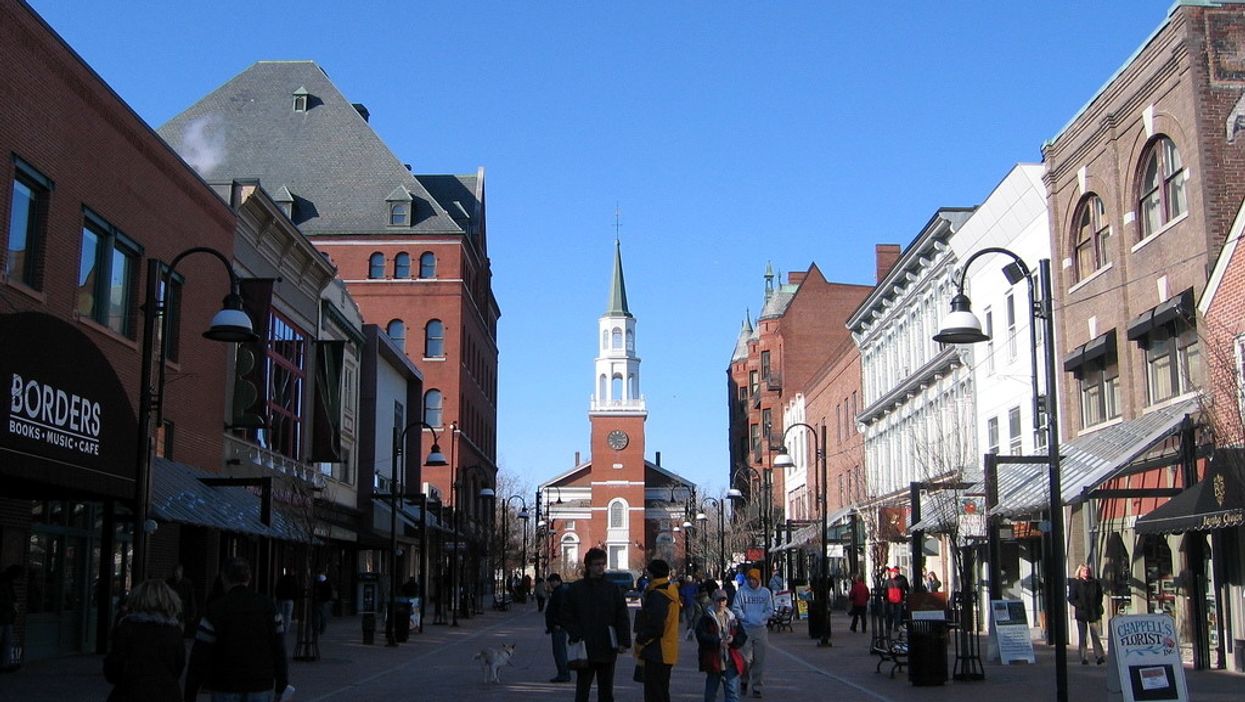The drive to bring ranked-choice voting back to Burlington — Vermont's most populous city and one of the most liberal in the country — appears to have been quashed.
Mayor Miro Weinberger issued his first veto after eight years in office late last week, blocking a citywide vote in November on whether so-called RCV should be used in future municipal elections. An override vote was scheduled for Monday, but neither side predicted the city council would have the supermajority needed to reverse the veto.
Because RCV has proven most popular in New England and among progressives, the setting for the setback was unusual. Ranked elections have become one of the more popular ideas in the democracy reform world, because they're seen as one of the best ways to reduce combative partisanship by improving the chances for outsider and consensus-minded politicians.
The mayor rejected a measure passed last month by the council, on a 6-5 vote, with all his fellow Democrats opposed. (The council majority is made up of Progressives and independents.) Weinberger said he objected to the $45,000 cost of adding a referendum to the general election ballot and said he worried that debating the "polarizing and divisive issue" of RCV "will consume community attention and resources at a moment in which those finite resources are urgently needed elsewhere."
Under RCV, voters rank candidates in order of preference and, if none of them muster a majority of No. 1 votes and win outright, the person with the fewest top-choice votes is eliminated and those votes are assigned based on their second choices.
That "instant runoff" process continues until one candidate has a majority.
Burlington was one of the first places to use the method in the country. But voters repealed the system in 2010 after a particularly contentious election in which the mayor at the time seemed to have been defeated but ended up re-elected when the instant runoff was over.
Adopting a referendum to go back to RCV would need to be followed by approval by the Legislature and governor — which means it would have almost certainly been delayed beyond next year's mayoral contest, in March. Weinberger has not yet said whether he'll seek reelection.
Council member Jack Hanson decried Weinberger's veto as "inherently undemocratic," adding: "It also is very dangerous rhetoric of, 'Democracy is too expensive, and we don't want to hear from more people on an issue that affects our city.' "




















